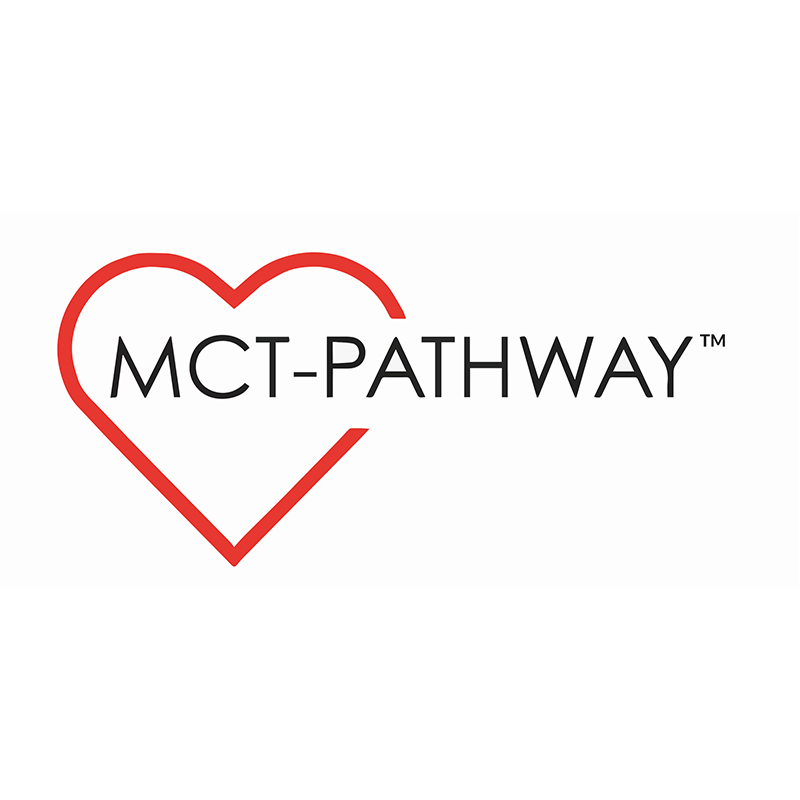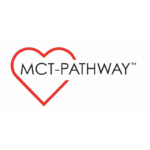MCT PATHWAY
study name
MCT PATHWAY
The MCT Pathway programme (RP-PG-1211-20011; Chief Investigator: Professor Adrian Wells) ran from 2014 to 2021. Its goal was to improve the health and quality of life of heart disease patients and to reduce the risk of further cardiac events through cardiac rehabilitation services.
The MCT Pathway was a step towards achieving this goal, and its seven-year run has hopefully contributed to improving the overall health outcomes of heart disease patients.
Study Background
- In the UK, approximately 69,000 patients attend cardiac rehabilitation services each year.
- Around 37% of these patients experience significant anxiety and/or depressive symptoms, which can reduce their quality of life and increase the risk of death, further cardiac events, and healthcare use.
- Current drug and talking based treatments only have small effects on decreasing anxiety and
low mood and on improving quality of life, more effective treatments for depression and anxiety
are needed in cardiac rehabilitation services.
Study Design
- Group Based MCT PATHWAY: A single-blind randomised controlled trial with a four
month and 12 month follow up comparing Group-Metacognitive Therapy plus usual CR (intervention group) with usual CR alone (control group) with 332 patients (see more information Click Here) - Home Based Metacognitive Therapy: A single-blind randomised controlled trial comparing Home-Based Metacognitive Therapy plus usual CR (intervention group) with usual CR alone (control group) with 242 patients (see more information Click Here)

Metacognitive Therapy was developed by Professor Adrian Wells. It directly reduces worry, rumination and unhelpful thinking styles and modifies the specific beliefs behind them. It is a psychological treatment that helps people to manage worries and low mood through reducing unhelpful styles of thinking and has been shown to alleviate depression and anxiety in mental health settings. Extensive evidence shows that a particular style of thinking dominated by rumination (dwelling on the past) and worry (concerns about the future) maintains emotional distress. Metacognitive therapy helps people to discover new and more helpful ways to react to negative or distressing thoughts, so they are less likely to dwell on them, resulting in a positive effect on anxiety and mood. As part of the PATHWAY trial, we delivered metacognitive therapy in a group of 3-10 patients. Patients received six sessions that lasted 60 minutes. Sessions were delivered by a trained health professional from cardiac rehabilitation services, this includes nurses, physiotherapists, and occupational therapists.
Find out more about the results of MCT-PATHWAY and what our co investigators have to say about the study and its importance.
Yes, it can! Watch our video to find out more about how group-MCT is effective at treating anxiety and depression in cardiac rehabilitation patients.
Find out what you wanted to know about the PATHWAY trial.
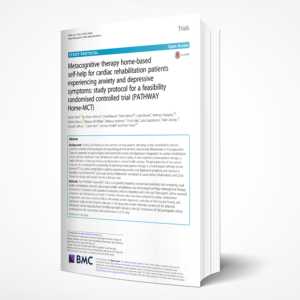
This is metacognitive therapy delivered in a home-based format. The home-based metacognitive format includes: A Home-MCT Booklet (6 modules), The SPACE CD, 3 telephone support calls delivered by a trained healthcare professional. The Home-MCT booklet focuses on modifying the metacognitive beliefs and processes that maintain distress (e.g., anxiety, low mood). The modules are designed to work through at your own pace, but we estimate that one module per week should be completed. Modules include well-specified techniques for developing new strategies to overcome worry and rumination and modifying the beliefs that maintain unhelpful patterns of thinking. Telephone support calls are delivered throughout and offer support and guidance on completing the modules and using the Home-MCT techniques. The telephone calls are delivered by a trained healthcare professional.
Click HERE to see the results of the trial
- What is Group MCT?
-

Metacognitive Therapy was developed by Professor Adrian Wells. It directly reduces worry, rumination and unhelpful thinking styles and modifies the specific beliefs behind them. It is a psychological treatment that helps people to manage worries and low mood through reducing unhelpful styles of thinking and has been shown to alleviate depression and anxiety in mental health settings. Extensive evidence shows that a particular style of thinking dominated by rumination (dwelling on the past) and worry (concerns about the future) maintains emotional distress. Metacognitive therapy helps people to discover new and more helpful ways to react to negative or distressing thoughts, so they are less likely to dwell on them, resulting in a positive effect on anxiety and mood. As part of the PATHWAY trial, we delivered metacognitive therapy in a group of 3-10 patients. Patients received six sessions that lasted 60 minutes. Sessions were delivered by a trained health professional from cardiac rehabilitation services, this includes nurses, physiotherapists, and occupational therapists.
- MCT-PATHWAY Results Event
-
Find out more about the results of MCT-PATHWAY and what our co investigators have to say about the study and its importance.
- Can MCT reduce anxiety and depression in CR?
-
Yes, it can! Watch our video to find out more about how group-MCT is effective at treating anxiety and depression in cardiac rehabilitation patients.
- PATHWAY Q&A
-
Find out what you wanted to know about the PATHWAY trial.
- What is Home-Based MCT?
-

This is metacognitive therapy delivered in a home-based format. The home-based metacognitive format includes: A Home-MCT Booklet (6 modules), The SPACE CD, 3 telephone support calls delivered by a trained healthcare professional. The Home-MCT booklet focuses on modifying the metacognitive beliefs and processes that maintain distress (e.g., anxiety, low mood). The modules are designed to work through at your own pace, but we estimate that one module per week should be completed. Modules include well-specified techniques for developing new strategies to overcome worry and rumination and modifying the beliefs that maintain unhelpful patterns of thinking. Telephone support calls are delivered throughout and offer support and guidance on completing the modules and using the Home-MCT techniques. The telephone calls are delivered by a trained healthcare professional.
Click HERE to see the results of the trial
- Pathway News
Testimonial
I think it’s a very useful life skill that anyone would benefit from, but particularly those who have suffered from any traumatic event, be that physical or mental and those that suffer with anxiety.
My colleagues and I found that patients benefited hugely from the group therapy, with patients reporting that attending the group MCT supported them in overcoming the psychological barriers that were preventing them from resuming normal activities.
Publications
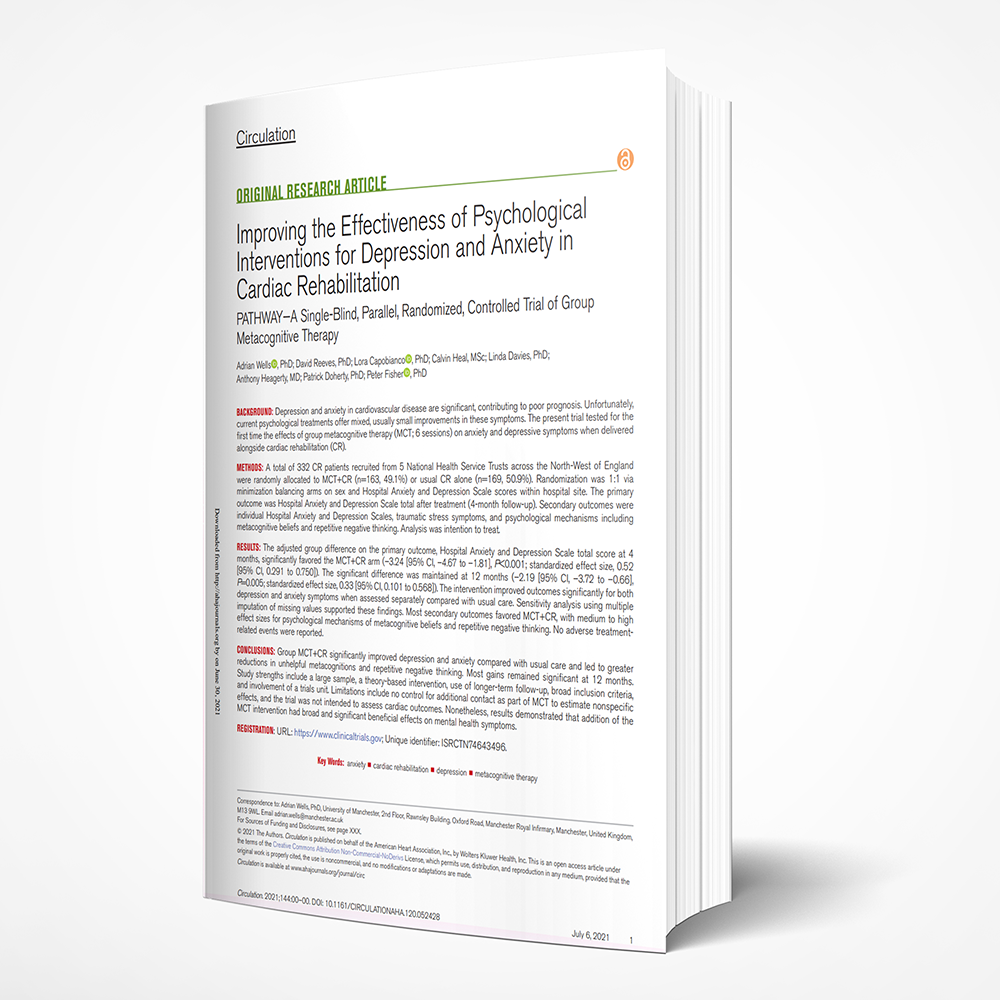
Improving the Effectiveness of Psychological Interventions for Depression and Anxiety in Cardiac Rehabilitation
Wells, A., Reeves, D., Capobianco, L., Heal, C., Davies, L., Heagerty, A., … & Fisher, P. (2021). Improving the effectiveness of psychological interventions for depression and anxiety in cardiac rehabilitation: PATHWAY—a single-blind, parallel, randomized, controlled trial of group metacognitive therapy. Circulation, 144(1), 23-33.
BACKGROUND: Depression and anxiety in cardiovascular disease are significant, contributing to poor prognosis. Unfortunately, current psychological treatments offer mixed, usually small improvements in these symptoms. The present trial tested for the first time the effects of group metacognitive therapy (MCT; 6 sessions) on anxiety and depressive symptoms when delivered alongside cardiac rehabilitation (CR).
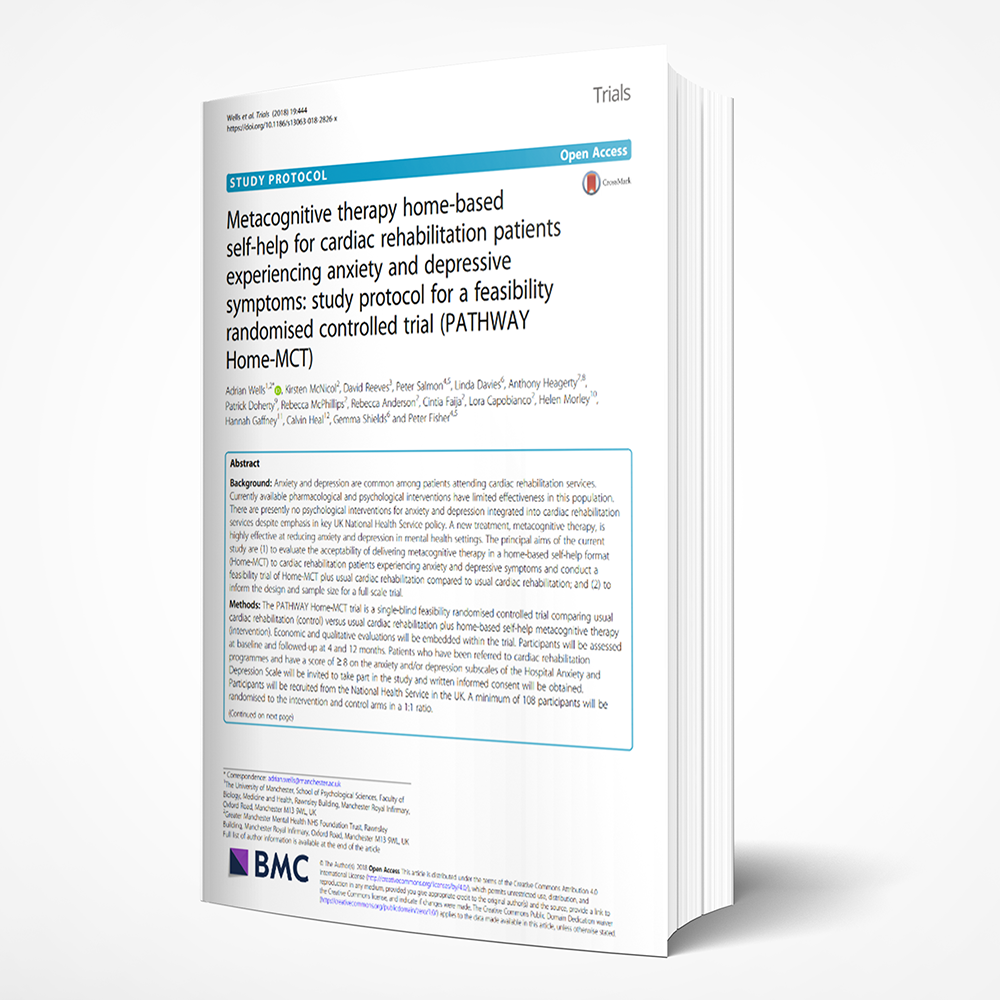
METACOGNITIVE THERAPY HOME-BASED SELF-HELP FOR CARDIAC REHABILITATION PATIENTS EXPERIENCING ANXIETY AND DEPRESSIVE SYMPTOMS: STUDY PROTOCOL FOR A FEASIBILITY RANDOMISED CONTROLLED TRIAL (PATHWAY HOME-MCT)
Wells, A., McNicol, K., Reeves, D., Salmon, P., Davies, L., Heagerty, A., … & Fisher, P. (2018).
Background: Anxiety and depression are common among patients attending cardiac rehabilitation services. Currently available pharmacological and psychological interventions have limited effectiveness in this population. There are presently no psychological interventions for anxiety and depression integrated into cardiac rehabilitation services despite emphasis in key UK National Health Service policy.
This website presents independent research funded by the National Institute for Health Research under its Program Grants for Applied Research Program (grant No. RP-PG-1211-20011).
The views expressed are those of the author(s) and not necessarily those of the National Institute for Health Research or the Department of Health.


